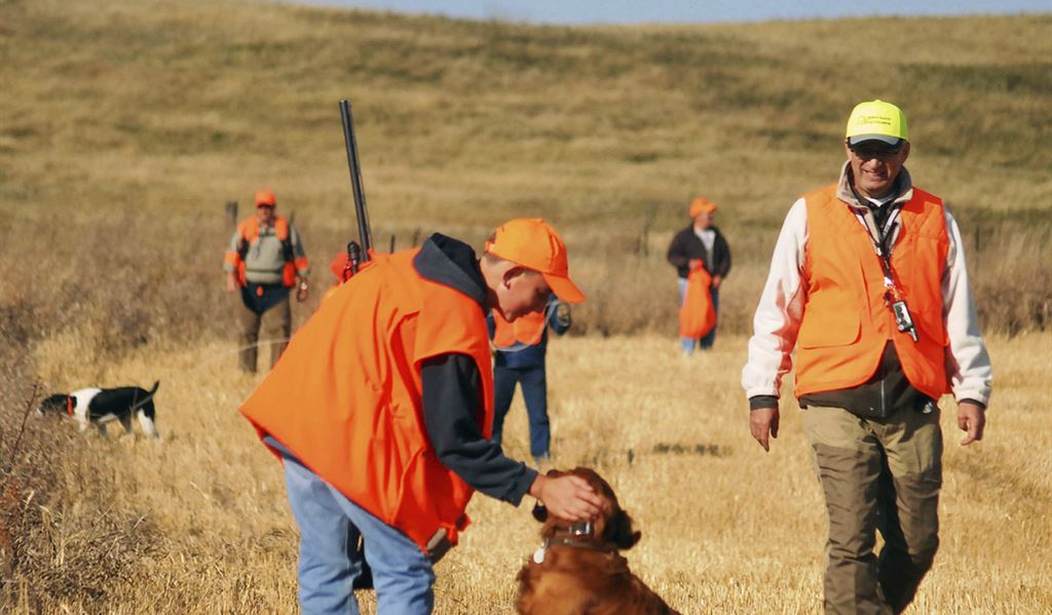The Second Amendment has nothing to do with hunting. Not directly, anyway, but there is overlap between the right to keep and bear arms and hunting. There always has been and always will be, at least for so long as both hunting and firearms exist.
Yet now some are trying to drive a wedge between hunters and the Second Amendment community.
Why? Because some don’t think our firearms should be taxed.
The Montana Legislature is leveling one of the most aggressive attacks on public hunters we’ve ever seen under the guise of protecting gun rights.
HJ5, sponsored by Rep. Brad Tschida, R-Lolo, states that taxing firearms is unconstitutional, and unenforceable. Apparently, Rep. Tschida and supporters of this measure don’t like Montana’s abundant wildlife, the habitat that supports it and the world-class hunting we all enjoy.
That’s because we’ve had a tax on firearms for 84 years. It’s called the Federal Aid in Wildlife Restoration Act of 1937, most commonly known to hunters as the Pittman-Robertson Act. It’s named after the two visionaries in Congress who passed the measure, and it’s one of the most successful programs in our nation’s history.
The Pittman-Robertson fund was passed by Congress in the throes of the Great Depression. Hunters stepped up when times were incredibly tough and said they were willing to be taxed for something they value — wildlife. That takes habitat.
Yes, hunters are well-known for stepping up and footing the bill for conservation efforts and always have been. I’ve never minded paying for hunting licenses, even if the cost is raised; because I knew the money would be used to preserve hunting for future generations.
The problem here is that these taxes don’t just tax hunters’ guns. They tax everyone’s firearms, and taxes increase the cost associated for exercising a constitutionally-protected right.
And that’s why they have to go.
While I’m sympathetic to the idea that hunting habitats will be negatively impacted, the idea of calling it an “aggressive attack” on public hunting is a misnomer at best. That suggests that the proposal intends to hurt public hunting, yet there’s absolutely no evidence to back up such an implication. At worst, it’s an unintended consequence.
Yet those funds could be made up in some other manner, something specific for hunters that they might not mind paying, but wouldn’t fall on the rest of the population who wishes to exercise their constitutionally-protected right to keep and bear arms.
See, what often gets missed is that taxes disproportionally impact the poorer members of our society. These are the very same people who often live in dangerous neighborhoods, the very people who may actually be barred from purchasing a gun because of the taxes on some firearms.
Either way, though, opposing a tax that’s required to exercise a constitutionally-protected right isn’t an “aggressive assault” on anything except for the tax itself. Some folks would do well to actually recognize that and drop the hyperbole, lest a lot of gun folks stop worrying about actual anti-hunting measures when they pop up.







Join the conversation as a VIP Member